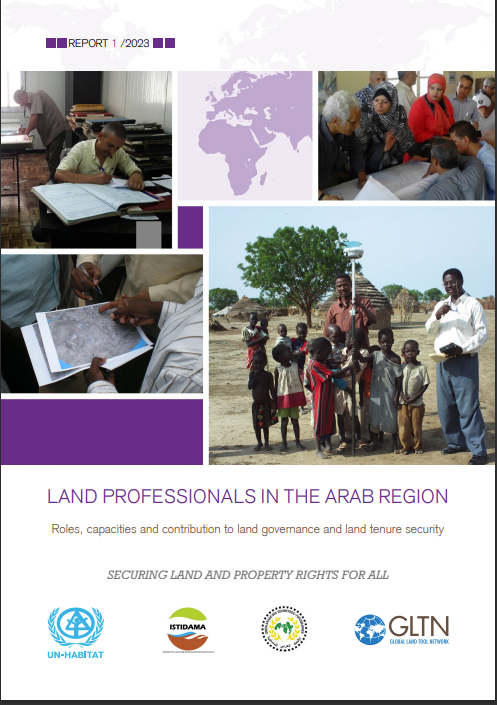Smallholder Farms in Bulgaria and Their Contributions to Food and Social Security
Bulgaria has a long tradition of smallholder farming, predominantly producing for self-consumption. As a result of land reform and farm restructuring, many rural households received agricultural land. Some developed commercial farms but most households stayed as subsistence farmers and used their small pieces of land to produce for self-consumption and market the excess output to top up their non-farm incomes or meagre pensions. They had little capital and insecure access to markets.












